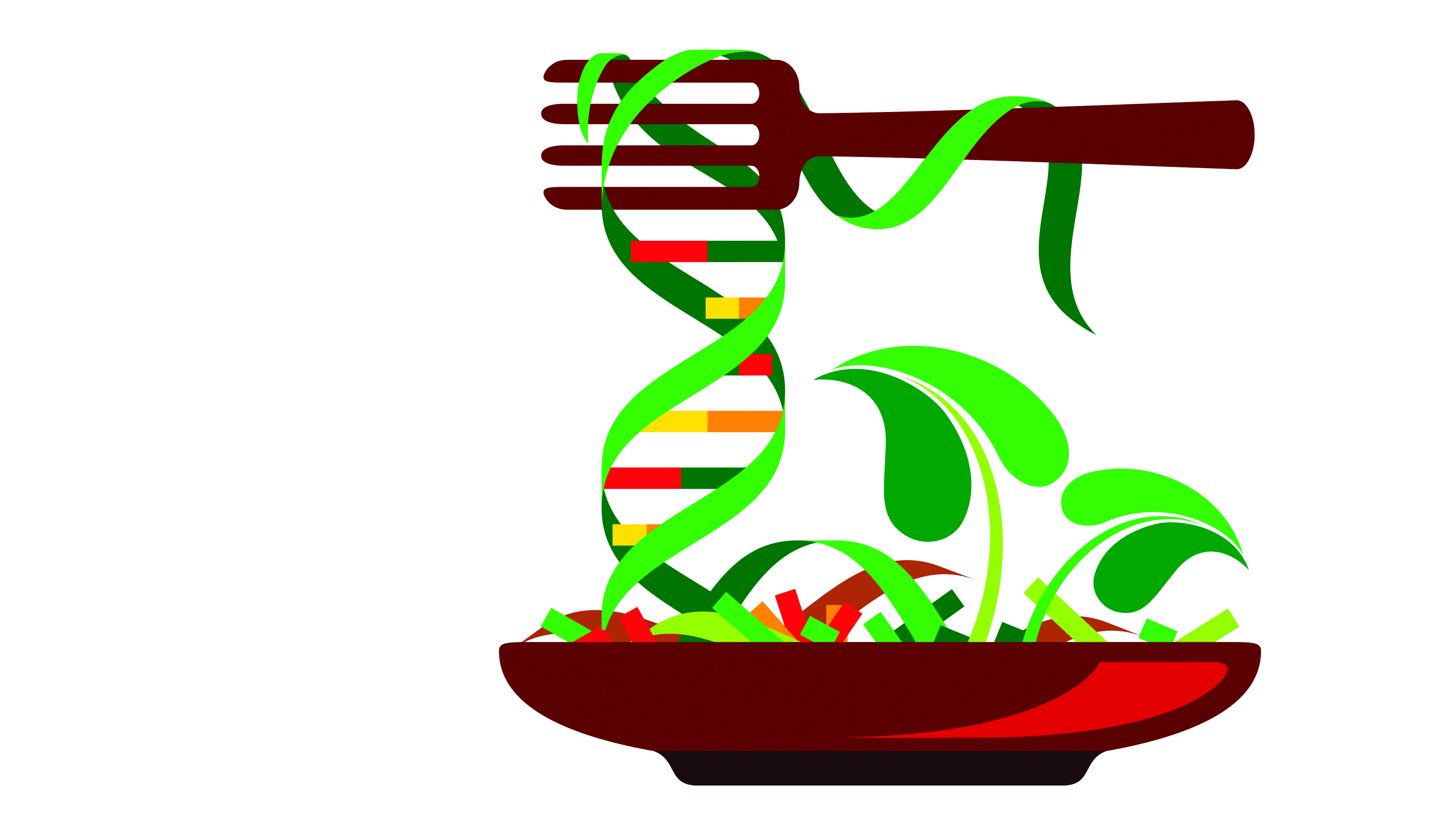Low fat or low carb? Doesn’t matter. Genes most likely don’t play any role in weight loss
In a world growing more enthusiastic about personalised medicine, it’s no surprise that genetic-testing companies have sprung up with promises of the perfect diet for weight loss based on the customer’s DNA.
But now new research suggests it may all be a waste of time.
It turns out that low-fat and low-carbohydrate diets work just as well for weight loss, regardless of genetics, according to a randomised, controlled study of 600 overweight and obese Americans.
“This is a fascinating study as it challenges current thinking that genetically modified diets will be the way of future, as many of us once thought,” Melbourne dietitian Melanie McGrice, director of Nutrition Plus Women’s Health clinics, said.
The investigators also noted that early studies pointed to low-carbohydrate diets as being better for patients with a greater insulin resistance.
One Australian company promises its customers that this “new frontier of genetic testing can tell you how to eat the right way for your DNA”.
“Each person’s DNA is different, so a diet that works for one person may not work for you,” the website reads.
However, when the investigators randomly allocated participants to either a low-fat or low-carbohydrate diet and tracked their weight-loss over a year, they found that there was no difference in weight loss regardless of whether the participants had a cluster of gene variants that was thought to make them more sensitive to dietary fats, carbohydrates, or neither.
“The fact that the diets led to similar weight loss confirms earlier research that suggested that it doesn’t much matter what diet you follow (low fat, low carb, et cetera) – they all work,” public health expert Professor Lennert Veerman, from the School of Medicine at Griffith University, said.
“It all comes down to consuming fewer calories,” he added. “While most diets work, the real challenge is sticking with them.”
Participants in both diets took part in 22 education sessions, in which dieticians advised them to replace junk food with nutrient-dense, preferably home-cooked foods. Both groups lost an average of 5 to 6kg, which was clinically important, and had similar changes to waist measurements and adverse effects.
“In the context of these two common weight-loss diet approaches, neither of the two hypothesised predisposing factors was helpful in identifying which diet was better for whom,” the authors wrote.
World-renown nutritionist and dietician Dr Rosemary Stanton said quality foods were key.
“Some previous studies that have damned carbohydrates have not taken note of the foods that supplied it,” she said.
“For example, lentils and lollies are both ‘carbs’, but one is a nutrient-dense high-quality food while the other is junk.
“Simply calling them ‘carbs’ does not provide this vital distinction.”


